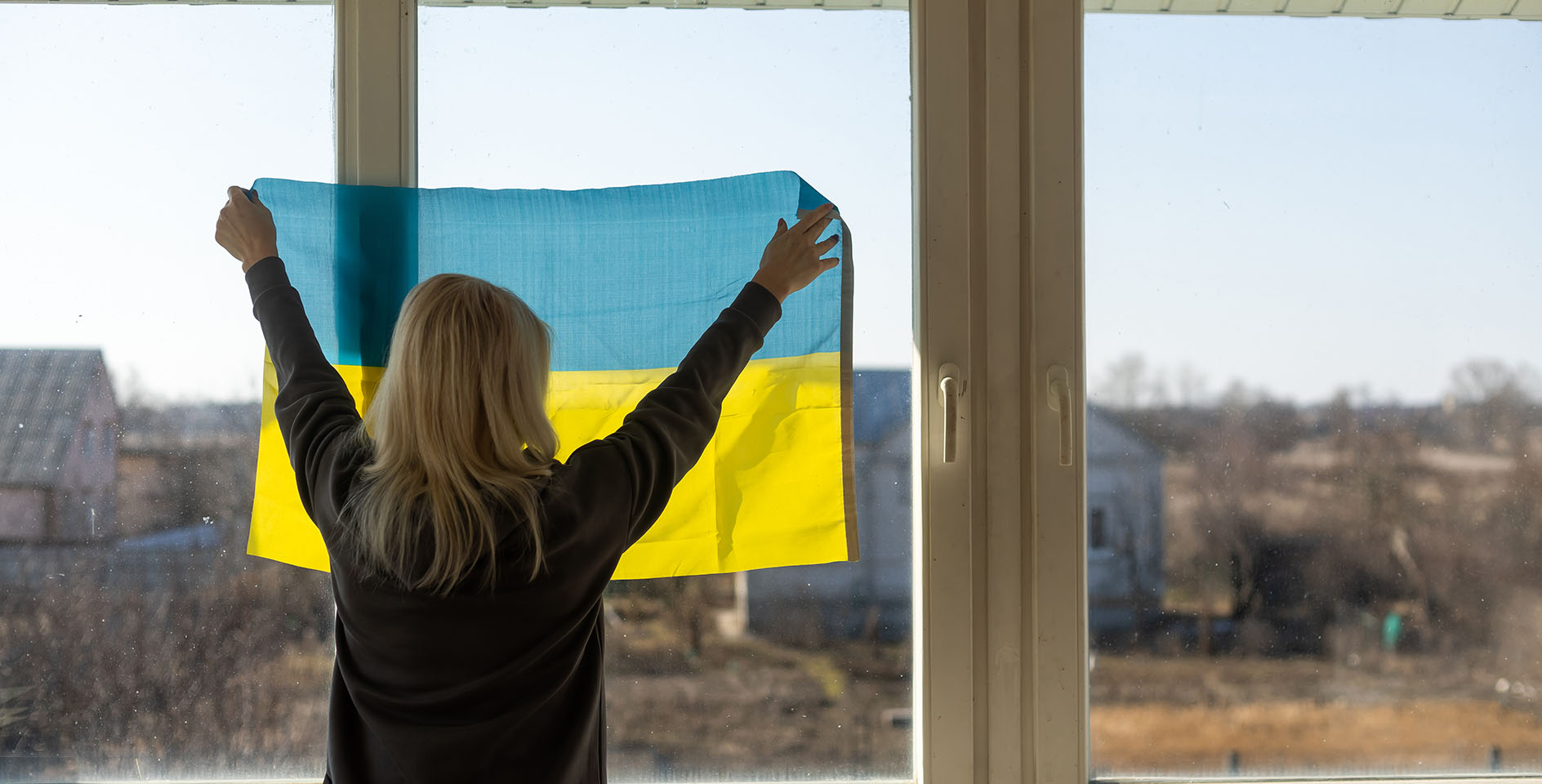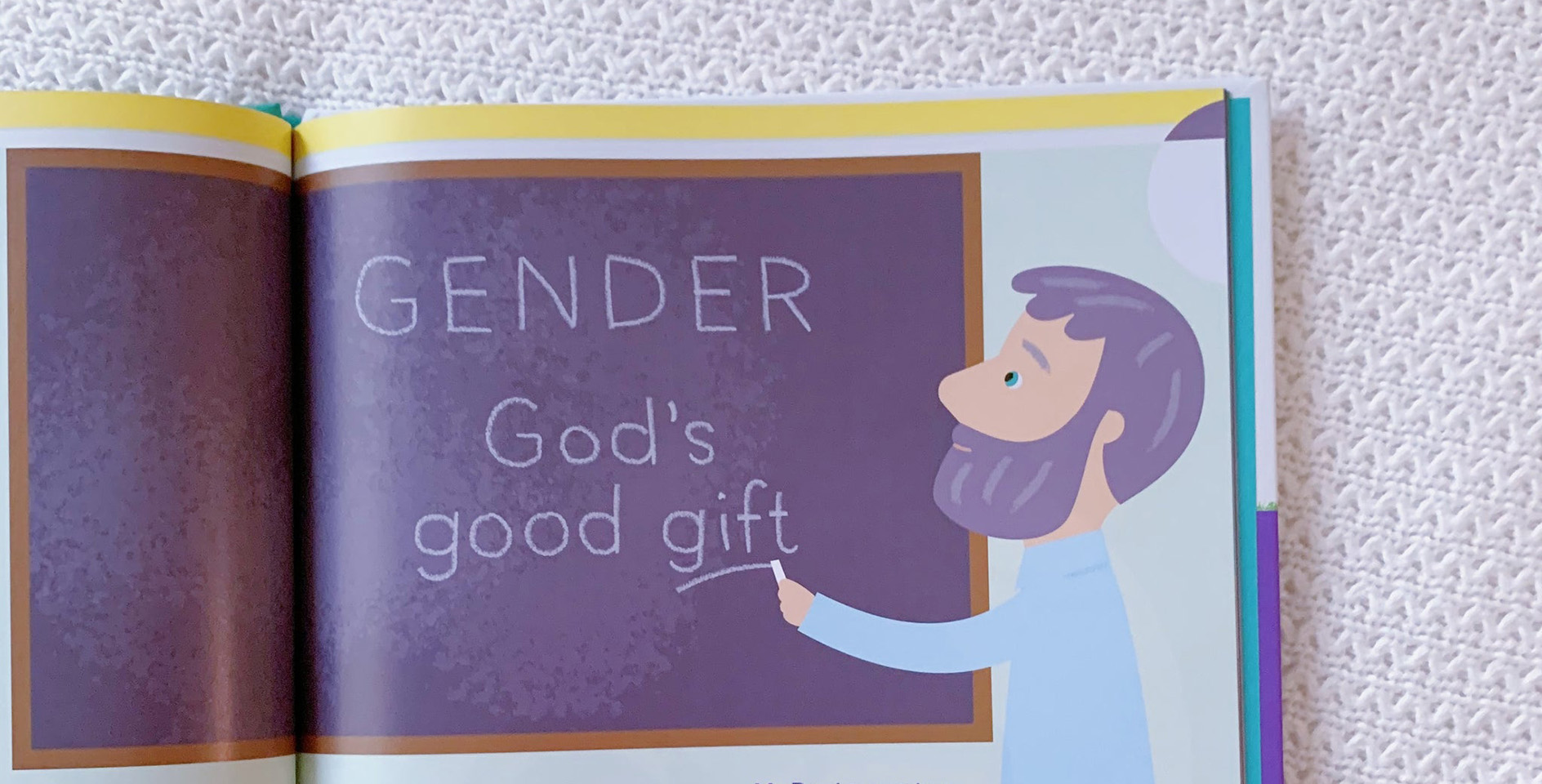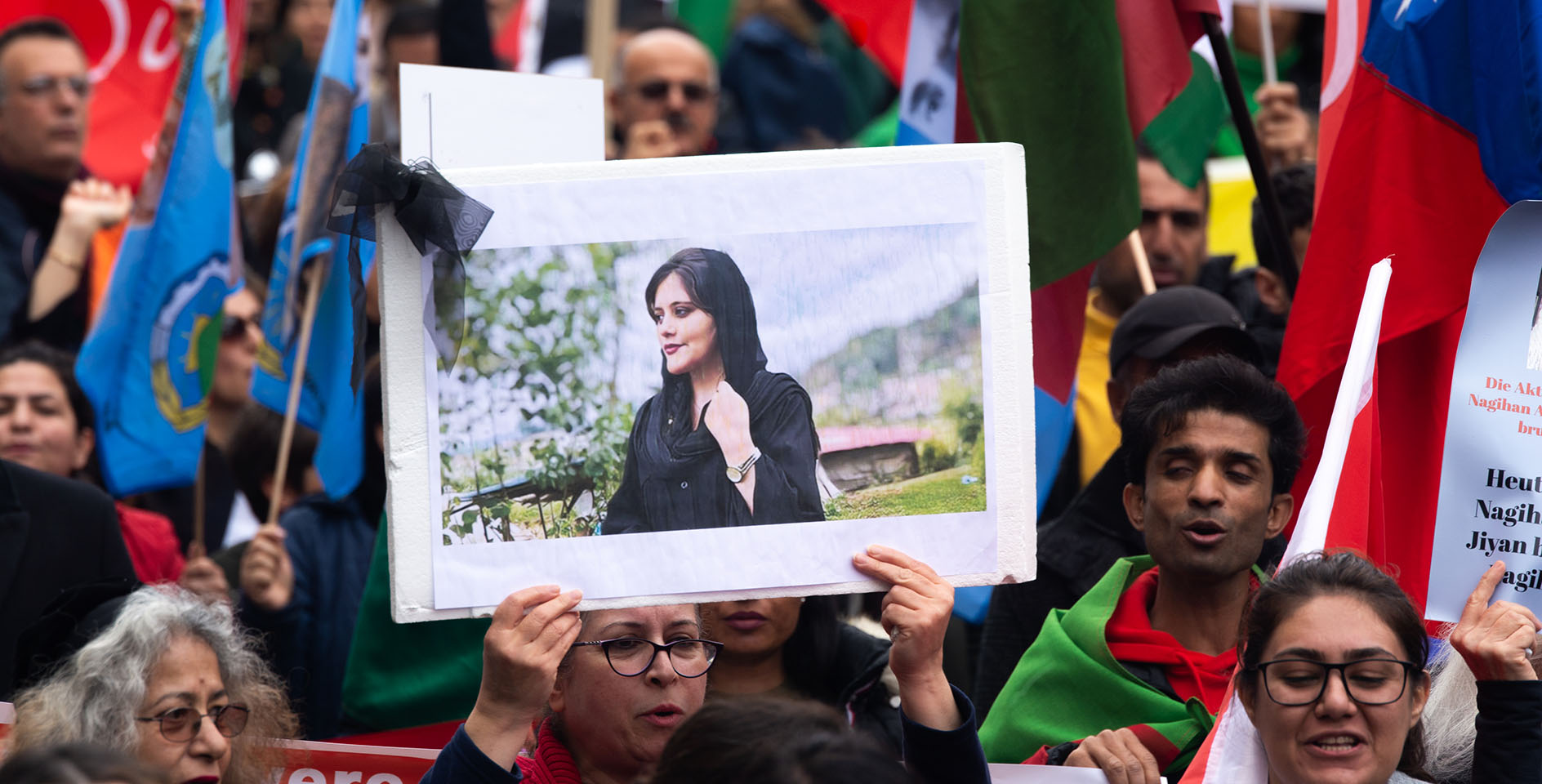In The Lion, the Witch, and the Wardrobe, Father Christmas issues weapons to the Pevensie children. Peter receives a sword and a shield, Susan receives a bow and arrow and a magical horn that will summon help whenever it’s blown, and Lucy receives a dagger and a magic vial that restores the health of anyone injured. Later, before the White Witch’s army, Father Christmas tells the sisters that he has given them these weapons only so that the girls can defend themselves “in great need . . . for I do not mean you to fight in the battle.” Lucy is offended, believing her bravery is being questioned, but he tells her, “That is not the point . . . battles are ugly when women fight.”
Throughout history, most men and women—and even children—have recognized the wisdom of not sending our mothers, daughters, and sisters to the battlefield. But that is no longer true in America.
In January 2013, Defense Secretary Leon Panetta announced he would lift the military’s ban on women serving in combat, a move that allows hundreds of thousands of women to serve in front-line positions during wartime. The lines distinguishing between combat and non-combat jobs have become increasingly blurrier over the past twenty years. But opening combat arms jobs—infantry, tanks, artillery—is an unprecedented change. (Even in Israel, where women are drafted into service along with men, women do not engage directly in ground combat.)
Since that announcement, the military has been experimenting with allowing women to train for traditional combat jobs. Last week, two female soldiers (out of 19 who attempted the course) graduated from Ranger School in Fort Benning, Georgia, the first women to have made it through the Army’s premier leadership course and one of the toughest challenges in the military.
Women are still not allowed to serve Ranger regiment, but that may soon change. The remaining all-male military occupational specialties will soon be opened to women unless the defense secretary approves exceptions by January 2016. Each of the services are expected to make their recommendations by October. If the ability to graduate from Ranger school is the only requirement to join a Ranger regiment, the Army is going to have a difficult time denying qualified women from serving in that unit. However, the question of whether women should serve in combat units is hardly even considered.
The arguments against allowing women in combat have, for decades, been made with force and vigor, but to no avail. Because the rational common sense of the arguments cannot be effectively rebutted, they are dismissed and ignored. Instead, it frequently pointed out that since a handful of highly athletic females can meet the standards usually met by the low fitness males, it would be unfair to deny women combat roles.
Being able to endure the stresses of training, however, is not the same as being physically prepared for combat. The physiological differences between men and women are simply too great. And no amount of “gender norming” can hide the distinctions on the battlefield. As retired Gunnery Sergeant Jessie Jane Duff explains,
Many women will find out in the long haul that combat entails unprecedented physical stress. As it is now, many women have greater duress on their bodies than men with the physical requirements and are discharged at higher rates from the duress on knees, hips, ankles, and joints. That reality will only be exacerbated in combat. Will physical performance standards be adjusted (that is, made less stringent) to accommodate women?
And then there’s the emotional duress that troops in combat endure. I’ve seen many women in the Marines who chose not to reenlist due to the extreme emotional hardships of service. It isn't an easy culture to handle.
It goes beyond physical limitations—the object of military culture is to defeat the enemy and kill anything that is a threat. There is a constant mode of aggression; I’ve seen too many women who enlisted and completed training, but soon learned they simply couldn’t face that dark reality on a daily basis.
Unfortunately, concerns about the safety of women and the security of our nation are not primary in this debate. Long ago, we made equality our end, and women in combat is the inevitable next stop on our long march. If that requires the sacrifice of our sisters and daughters, say the egalitarians, then so be it.
Not surprisingly, the debate is defended on egalitarian grounds but framed in the language of “choice.” The Obama administration, we are told, is “opening” combat roles for women who would “choose” to serve in them. We know, though, that eighteen-year-old girls will soon have to join their brothers and boyfriends in registering for the Selective Service. We know that when the standards are lowered to accommodate women (as they must be, since few women are physically qualified for combat), almost all healthy young women will be eligible to pick up a rifle and go off to war.
Of course when the government begins to draft our daughters for combat roles—and that day will certainly come—the children and grandchildren of the egalitarian elite will be the ones to get deferrals. Most of the men and women championing a woman’s right to choose combat have never served in the military and would certainly not want their own daughters to join the infantry. They are concerned only with choice and equality in the pristine abstract, rather than in the bloody, concrete world of warfare. What they favor is an equality in which our daughters get to join our sons in marching off to war.
Unfortunately, many men will be more than willing to allow women in combat if it will lessen their chances of having to defend their country in wartime. One of the harsh realities we face is that American society is filled with men who are anti-woman cowards. As pastor-theologian John Piper has said,
If I were the last man on the planet to think so, I would want the honor of saying no woman should go before me into combat to defend my country. A man who endorses women in combat is not pro-woman; he’s a wimp. He should be ashamed. For most of history, in most cultures, he would have been utterly scorned as a coward to promote such an idea. Part of the meaning of manhood as God created us is the sense of responsibility for the safety and welfare of our women.
Piper’s statement is hopelessly out of touch with modern America’s views on gender roles. My views are too, I’m afraid. Even many of my fellow believers will disagree since they believe that such distinctions, even about combat, are based on more on cultural expectations rather than creational norms. Still, I suspect there are others, both men and women, who think that when the Creator made us “male and female” he meant for there to be some distinctions in roles both within the church, the family, and in society.
Men, for example, were created to be self-sacrificial protectors of the family, and by extension, of the nation. Forcing women into that role will not lead to more freedom but rather to less equality, more violence toward women, and a general degradation of humanity. As Lewis said, battles are ugly when women fight. But societies that send their women off to war are even uglier.










